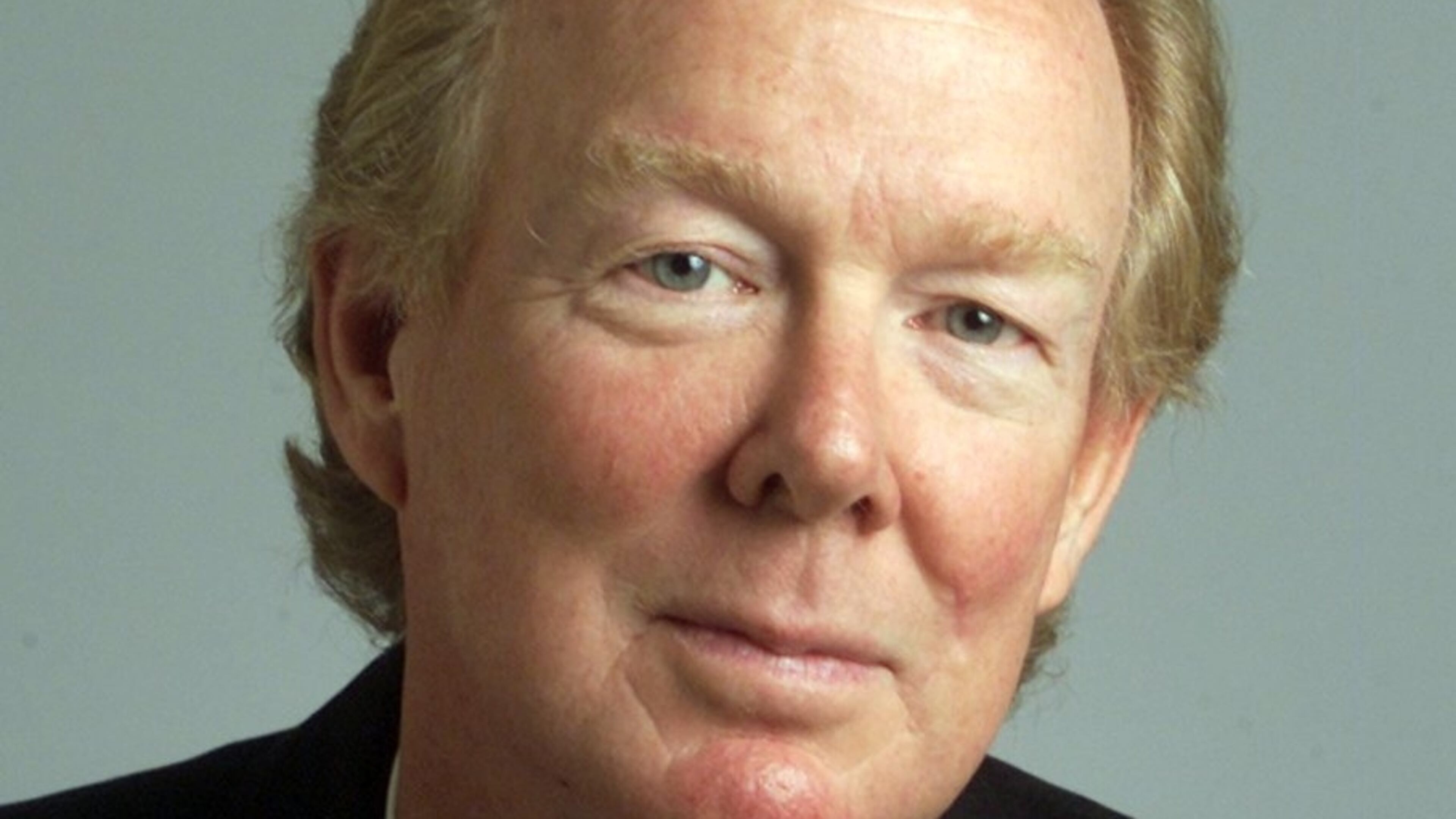Do kids ‘have’ ADHD or autism?

I am perennially asked whether I do or do not “believe” in autism. I suspect that on most occasions, it’s a test. Nonetheless, it’s a fair question that usually takes this form: “I know you don’t believe in ADHD; but do you believe in autism?”
To be clear, it would be absurd of me to deny that there are children — plenty of them, relatively speaking — who frequently exhibit behaviors associated with the bogus diagnosis of ADHD (attention deficit-hyperactivity disorder). Those kids are problematic, for sure. But no one has ever proven that they “have” something. Childhood behavior disorders like ADHD are constructs; they are not realities. Leukemia and nearsightedness are realities. The spurious claim that these kids “have” something — biochemical imbalances being the No. 1 “have” — is used to sell various therapies, including drugs that have yet to reliably outperform placebos and involve the very real possibility of dangerous side effects.
But ADHD and classical autism are horses of different colors. I have no way of proving it, but I am convinced that autism in its classical form is a very real, “have” thing, albeit researchers have yet to discover the nature of its reality. They are handicapped in doing so by the fact that autism is classified as a psychiatric/psychological disorder. What, pray tell, is psychological about a 2-month-old baby who doesn’t want to be held, doesn’t smile, and seems pained by eye contact? What unresolved issue is at work here? The answers to those questions are “nothing” and “none.”
The symptoms of classical autism appear much too early and much too randomly to think of it as anything but a yet-undiscovered physiological malfunction of one sort or another. Taking it out of the realm of psychology/psychiatry — that is, removing it from the Diagnostic and Statistical Manual of Mental Disorders — would be a boon to research as well as a boon to the kids in question and their anguished parents. The roadblock to that has much to do with the fact that autism is producing a significant income stream for lots of mental health professionals. And yes, I proudly admit to cynicism.
The further problem is that one can’t talk in general terms about autism without consideration of the so-called “spectrum” that includes, most prominently, something called Asperger’s Syndrome. I say “something” because this Asperger’s something is about as ill-defined as something can be. The common denominator among kids who are hung with this label or are said to be “on the spectrum” seems to be “odd” and/or “quirky.” Personally, I think children should have the right to be at least slightly odd and quirky.
Without exception of which I’m aware, once a mental health diagnosis begins to gain traction — that is, it begins to sell — the mental health professions begins expanding it — explicitly or implicitly — such that it captures more and more people (i.e., paying clients) over time; thus things have gone with “the spectrum” and Asperger’s.
I don’t deny that some kids who are said to have Asperger’s may need help. Equally likely, their parents need help managing and disciplining them. The many anecdotes I’ve been told strongly suggest that most of the somewhat odd kids in question, however, grow out of it, whatever “it” is.
My long-time readers know that with some conservatively-defined exceptions, I’m not in favor of allowing children into rooms with therapists (and I’m a licensed therapist). Labels, which therapists have a bad habit of dispensing, tend to stick. For me to believe in Asperger’s (hypothetically) is one thing; for a child to believe he “has” it is quite another thing.
Visit family psychologist John Rosemond’s website at www.johnrosemond.com; readers may send him email at questions@rosemond.com; due to the volume of mail, not every question will be answered.

